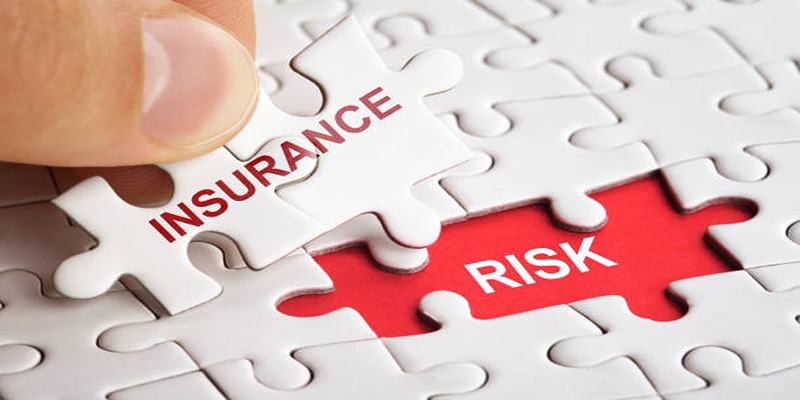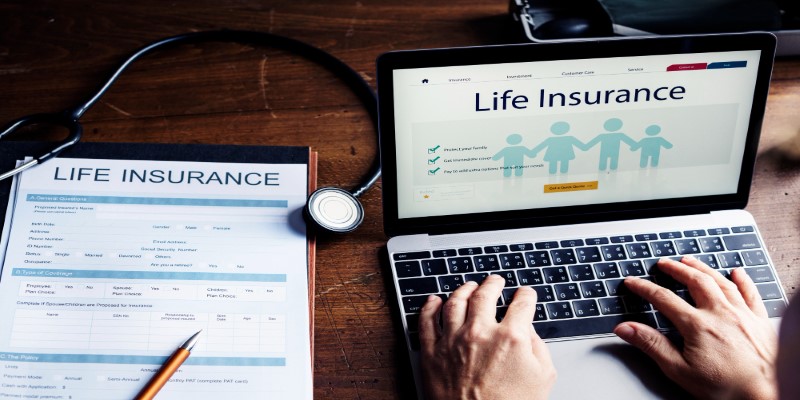The burden of debt from credit cards is significant. In addition to the anxiety looming over your head, the interest may add up to hundreds or even thousands of dollars to your bill every year. According to recent research findings, the typical American family that has revolving credit card debt, which refers to amounts carried over from one billing cycle to the next, would shell out more than one thousand dollars in interest fees throughout the course of this year.
Paying out your credit card debt monthly is the only way to avoid paying interest on balances carried over from previous months. However, alternative strategies may drastically reduce the interest payments you incur while paying down your debt. Below you'll find ways to reduce credit card interest rates.
Pay Down Your Credit Card Balances In The Same Order As Their Respective Interest Rates
If you have debt on more than one credit card, follow the advice of those who specialize in personal finance and pay off your credit card debt in the order of the amount of the sum, beginning with the lowest. The goal is accumulating several little victories as quickly as possible to build momentum and motivation. However, if you pay off your credit cards in the order of their interest rates, beginning with the card with the highest rate and working your way down to the card with the lowest rate, you will have the most potential to save money.
Make Several Payments Every Month
Credit card providers calculate interest charges based not on your remaining debt after the billing cycle but on your average daily balance. If you make payments at more frequent intervals than once per month — for example, once every two weeks — you will reduce your average amount and, as a result, your interest costs.
Imagine that you have a credit card bill of $4,000 and can pay $2,000 this month toward it. If you put off making a payment until the end of the billing cycle, when you get your bill, the average daily amount on your account will be $4,000. If you make a payment anywhere in the midst of cycle, average daily balance will be between $3,000 and $4,000 for 15 days and $2,000 for 15 days.
Your average daily balance will decrease according to the timing of your payments and the total amount paid. Think about making a payment every time you are paid, and every time you get a windfall, such as a cash gift or a tax return. This may help you go ahead financially.
Avoid Placing Your Medical Bills On A Credit Card
Our research suggests that as many as 27 million people in the United States may use credit cards to pay medical bills. Although your budget may only accommodate anticipated medical expenses, placing such expenses on a credit card is only sometimes the best solution. Depending on the total amount that you owe, doing so may cost you hundreds of dollars in interest, but it is also that you could pay off the sum and avoid paying any interest at all. Hospitals and doctors' offices often assist you in establishing a payment plan that does not accrue interest and has manageable monthly installments.

Consolidate Your Debt With A 0% Balance Transfer Card
Sign up for a debt transfer credit card if you now owe more money than you can pay in the next few months. When you transfer a balance, you shift your debt from one credit card to another, often one that has a promotional period of 0% interest on balance transfers that lasts between 12 and 18 months.
The majority of credit cards will assess a cost of around 3% of your amount to transfer your debt; however, some cards do not have this fee or may waive it for a limited period. Having strong or exceptional credit is often required to get authorized. In addition, you are unable to transfer debt from one card issued by same issuer to another card issued by same issuer.
Get A Low-Interest Credit Card For Future Spending

In an ideal world, you would spend no more than you can afford and pay off your credit card every month. But unfortunately, that's only sometimes the case. If you have a pattern of carrying a load from month to month, consider applying for a credit card with a low-interest rate for your next purchases.
Your financial circumstances will determine which low-interest credit card is best for you to use. If you anticipate carrying a load for just a short period, you should seek a credit card with a 0% introductory rate and then pay off the bill in full before the promotional rate ends. Get a credit card with a low continuing rate if you believe it's likely that you'll be carrying a debt for more than 12 to 18 months.




